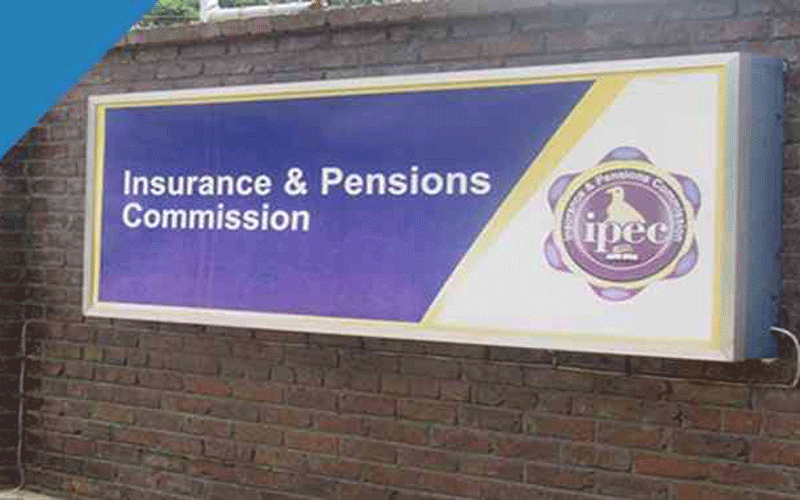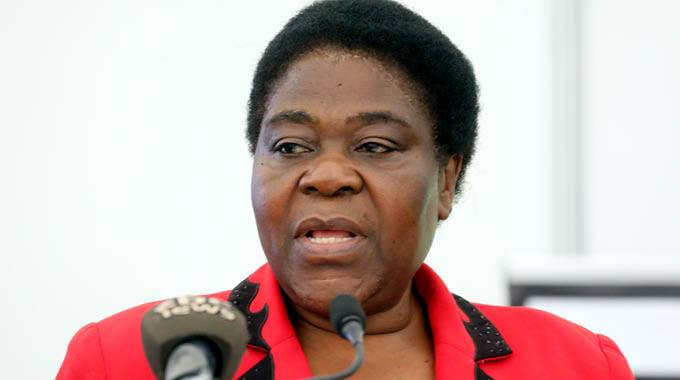
The Insurance and Pensions Commission (Ipec) has given funeral assurers until September to comply with the International Financial Reporting Standard 17 (IFRS 17) implementation or face consequences, as none have complied thus far.
The IFRS 17, issued in May 2017, replaces IFRS 4 and governs accounting for insurance contracts from January 1, 2023.
It shifts the focus from a premium-centric model to one emphasizing service delivery and risk release, aiming for a more accurate reflection of an insurer’s performance and revenue recognition timing.
Originally, IFRS 17 was scheduled to take effect in January 2021, but its implementation was deferred to January 2023 due to the complexity of the new rules and feedback from several jurisdictions. The International Accounting Standards Board released these rules in 2017 after nearly 20 years of discussions.
For Zimbabwe’s insurance industry, adopting IFRS 17 is expected to have a significant impact, requiring insurers to invest in new systems, processes, and staff training to comply with the new requirements.
Speaking to businessdigest on the side-lines of the regulator’s annual general meeting last week, Ipec commissioner Grace Muradzikwa revealed that compliance with IFRS 17 within the funeral sector was currently at 0%.
Muradzikwa said this was not the first-time funeral assurers had struggled to comply as they had also failed to have reinsurance arrangements in place.
“We engaged the Actuarial Society of Zimbabwe to come with a different fee structure for them in which they can’t charge Sunset Funeral the same way they would charge Old Mutual (as an example),” the Ipec boss said.
- UK based Zimbabwean divorces wife of 33 years over conjugal rights
- New perspectives: Money laundering red flags in insurance sector
- 3 000 non-resident pensioners owed US$1.5 million, says Ipec
- Removing barriers to women’s financial inclusion
Keep Reading
“We are hoping it will work. We really want to see compliance and we have given them up to September to comply.
“So, in terms of compliance for the sector, its zero. Even with reinsurance, year-in year-out they failed to comply, and we are beginning to sound like a broken record,” Muradzikwa said.
She said there were two main issues with IFRS 17 for the funeral assurers.
“It’s the skills. It requires actuarial skills; it requires accounting skills, and it also requires data. So, the first challenge we found with funeral assurers was to do with skills, which they do not have and were also not prepared to pay for them,” Muradzikwa said.
“So, they are citing cost of compliance as number one reason why they are not able to comply. This is because actuaries are charging too much and thus delayed the implementation for them.”
To address this, Ipec engaged the Actuarial Society of Zimbabwe to create a more affordable fee structure for funeral assurers.
Experts indicate that under IFRS 17, there may be a need to re-evaluate product pricing and business models to ensure profitability, as the new standard demands increased transparency and comparability.
The implementation of IFRS 17 involves several steps, including impact assessments, designing solutions, building and testing actuarial and financial accounting processes and models, calculating opening balances, conducting parallel runs, and deploying full IFRS 17 reporting.
The standard applies to annual periods beginning on or after January 1, 2023, and requires compliance for financial statements from that date.
Despite the challenges faced by funeral assurers, Muradzikwa praised the broader industry for its proactive approach to IFRS 17.
“Overall, on IFRIS 17, we are really proud of the industry,” she said. “We are the early adopters. In fact, we have been called by our other colleagues to come and share experiences and just tell them how we did it. So, I really want to thank our industry just for heeding the call.”







